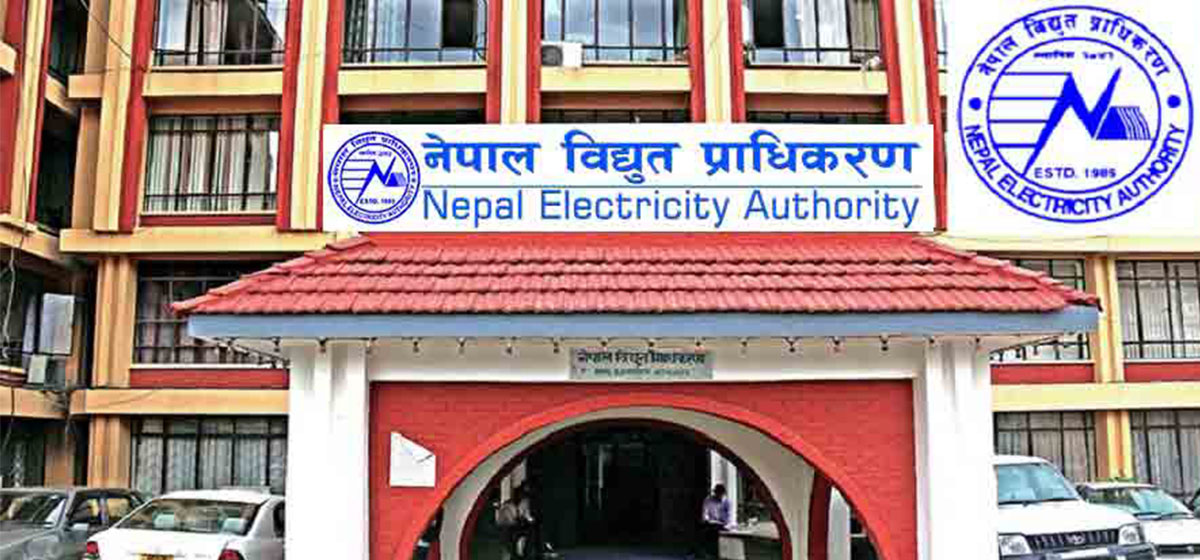KATHMANDU, June 3: As tensions between the US and Iran further complicate the already difficult relations among Gulf nations, with Saudi Arabia and its allies enforcing an embargo on Qatar, there are concerns that this could leave adverse impacts on countries like Nepal as well.
Speaking at an interaction titled “Understanding the Oil and Middle East Geo-Politics and Its Impact on South-Asia” in Kathmandu, former Indian ambassador to various Middle East and Gulf countries, Anil Trigunayat argued that the impact could be huge on the South Asian countries as the Middle East is not only a source of fossil fuel but also a source of huge amount of remittance that has helped to keep the economy afloat in many countries like Nepal. Tens of millions of migrant workers from various South Asian countries are currently working in Gulf nations.
BIMSTEC Charter in Force: Time to Fulfill Unmet Expectations

Trigunayat, who is also a distinguished fellow of the Vivekananda International Foundation, said the issue of energy security could also be a big issue for all South Asian nations should any political instability hit the region. He argued that the Shia-Sunni divide and power politics for regime changes in the Middle East could throw the region into instability at any time.
While the Middle East passes through unstable regimes and brewing religious turbulence, Trigunayat said the US sanction on Iran oil is going to create a huge impact on South Asia. “In case of the worst-case scenario of a war in the Middle East region, the biggest impact will be directed toward India and then to other South Asian countries,” he further said.
Speaking at the interaction organized by the Asian Institute of Diplomacy and International Affairs, he also urged the South Asian countries to look for alternative sources of fuel as the fossil fuel stock is limited even in the Middle East. “Many countries including the UAE have realized the urgency of running out of energy and have started adopting a sustainable means by planting the largest solar panel in the country,” he said.



































